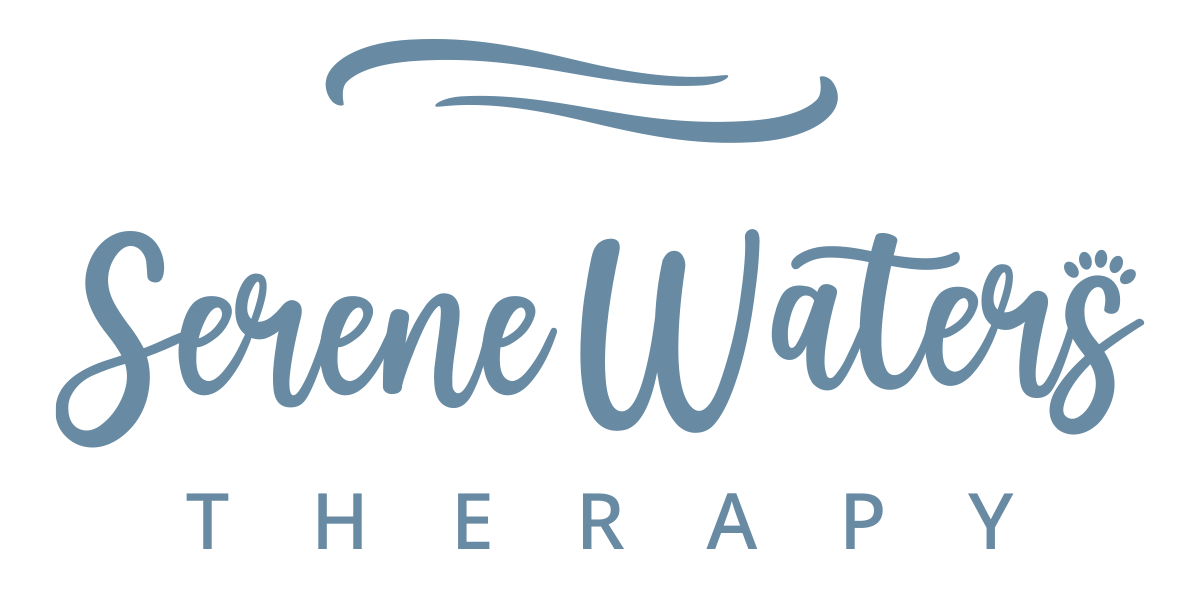Your world has often been turned upside down after being involved with a narcissist or highly antagonistic individual. It is important to be gentle with yourself as you heal. Self-care is an important part of your healing journey. Finding a common community or support group who understands your experience, validates you, and helps you feel like you are not blowing things out of proportion gives you reassurance moving forward. Recognizing and labelling behaviors in the aftermath can be valuable for staying true to yourself and learning how to trust yourself again. A good therapist trained and familiar with narcissistic abuse is a strong asset. A legal team who understands the intricacies of abusive relationships is a must to ensure you’re physically safe, and legal resources are in place to protect you and your rights if you are navigating a divorce or custody issues.
Forgive Yourself
You trusted someone, because they convinced you that you could. They love bombed you into believing they had similar values, beliefs, and even experiences. You may now be aware that much of that was a lie to get close to you. Trusting someone is not something you did wrong. Most of us slowly extend trust to someone until they give us a reason not to trust them. The problem with love-bombing is that it works on the reward center of the brain and can impact your neurophysiology. This makes you more susceptible to making excuses, explaining, or minimizing their behavior when red flags start to become uncomfortable. Many people feel guilt and shame that they “allowed” this to happen to themselves. However, it is important to recognize that this happens to many people, many very intelligent, aware, and cautious people. That is because the insidious nature of this abuse is that they impact how our brain works, making it that much more difficult to recognize and discern what is really happening. You may have had experiences with this earlier in life, making you more likely to overlook the early warning signs. You may have had family and friends tell you what was happening, but until you are ready to see it and address it – you will continue to minimize, explain, and excuse the behavior. Time invested in the relationship plays a role as well, the more we invest, the harder it is for us to leave. Sadly, the more we tell ourselves this, the longer we remain in this vicious cycle. Try to tame your active inner critic or at least ask them to step back and let you breathe. You were conned by an expert because you are kind, trusting, caring, and compassionate. Those are all valuable and important traits moving forward. It’s time to extend those traits to yourself now as you heal.
Self-Compassion and Support
You need psychoeducation and support. Normalizing your experience with others helps you find self-compassion, understanding and even forgiveness. It’s not just “you” but many others have been taken in by these master manipulators over the years. Read books, watch youtube videos or podcasts, educate yourself on personality disorders, even other people’s experiences can help you make sense of and validate your own experience. Ensure you look for accurate information from trusted sources who work or do research in the field and not just someone’s individual story. Facebook groups, or other online support groups can be very helpful. Finding commonality in community helps you feel less alone.
Self-Care is Necessary for Healing
Self-care is important to equalize your sense of self again. Sleep, diet, exercise, are all impacted by toxic relationships. A slow and gentle approach to regaining healthy patterns and restoring balance is best. Do what you can and recognize recovery is a marathon not a sprint. Little improvements daily or weekly still get you back on the road to health and recovery. Surrounding yourself with caring and compassionate friends and family can be a great support. Re-establishing contact with those your abuser may have cut out of your life may be challenging if they have hurt feelings, but many people are happy to reconnect when they learn your abuser is no longer in the picture.
Know the Risks and Protect Yourself
When you leave an abusive relationship, you will be at risk for even worse behavior. They don’t like losing control and may vacillate between apologies and promises to change/get help and worse abuse. If in a domestic violence situation, this is the highest risk to your safety so ensure you are somewhere safe, like a shelter, and do not have any direct contact with your abuser without someone else present. This is where it is extremely important to have a strong legal representative who is well versed in abusive relationships. Transitions for child custody are safer when done in public places where the risk of poor behavior is often lessened. You may experience frequent emotional extremes or feel yourself triggered. Professionals who understand that this is a conditioned response in your nervous system after months/years of abuse can help validate and support you. If you have people who are unfamiliar with abusive relationships, they may inadvertently make you feel like there is something wrong with you for how your nervous system is reacting. This is the last thing you need right now and may even feel re-traumatizing for many people in this situation.
Educate Yourself and Label their Behavior Patterns
Part of healing is understanding what happened to you. Labelling abusive behaviors and knowing what to watch for can return some of your power and control that was lost in the relationship. A smear campaign is the most common and it will come out in full force trying to discredit you and turn anyone they can against you once you decide to leave. What you may not realize is that they have typically often being dropping subtle hints about you for months or even years. This is another subtle form of control that ensures they manipulate how others see you. As tempting as it may be to stand up for yourself and prove your case, in some situations, this may simply reinforce what your abuser has conditioned others to believe about their “crazy” ex. People who genuinely care about you will be there for you, those who are manipulated into believing untruths were never your people to begin with. Just “let them.” Let them believe what they want and move on to spend time with supportive and caring people. Your energy and resources are better spent healing and with those who care about you than trying to correct someone’s inaccurate opinion of you! Another common tactic is the “bait and switch.” They know how to make you upset; they know your triggers and they are more than happy to use them against you. They intentionally “bait” you by trying to provoke a reaction from you so they can use your reaction to discredit you – the “switch.” Recognizing the bait and switch is particularly important during a divorce or custody situation so you are not manipulated into acting out of character where they can use your reaction against you.
Healing Takes Time
Finally, having a therapist who is trained in the intricacies of narcissistic abuse and what to watch for is extremely important. Much of your experience was invalidating, causing you to question yourself and not trust your own judgment. This is typical of this type of abuse – it feels like “crazy making”. It can be extremely harmful to meet with professionals who question your experience rather than validate it. Many of the symptoms of narcissistic abuse are symptoms of PTSD, with strong hypervigilance, frequent bouts of emotional dysregulation, intrusive thoughts, flashbacks, nightmares, and avoidance of places or people. After months/years of your nervous system being on alert, it will take a while for it to re-balance itself, for you to learn to trust yourself, and comfortably distinguish between danger and safety cues in your environment. This is all part of your healing journey. It takes time and patience to restore what was taken from you. Be kind to yourself on this journey and treat yourself how you would show kindness and compassion to others. Eventually the best version of yourself will start peeking through again. You will find your balance and restore trust in yourself. Be gentle with yourself as you would with someone you love who has experienced a traumatic event. You just experienced significant trauma. It takes time to heal.
Resources:
Brown, Sandra and Young, Jennifer. (2018). Women Who Love Psychopaths: Inside the relationships of inevitable harm with psychopaths, sociopaths and narcissists. (3rd Edition).
Durvasula, Ramani. (2024). It’s Not You: Identifying and Healing from Narcissistic People.
Durvasula, Ramani. (2024). It’s Not You Workbook: Applying the transformative insights of Dr. Ramani Durvasula.
Hill, Linda. (2022). Recovery from Narcissistic Abuse, Codependency, Gaslighting, and Complex PTSD. (4 Books in 1): Workbook and guide to overcome trauma, toxic relationships, anxiety, and improve mental health.
Moulton Sarkis, Stephanie. (2022). Healing from Toxic Relationships: 10 essential steps to recover from gaslighting, narcissism, and emotional abuse.
Neff, Kristin. (2015). Self-Compassion: The proven power of being kind to yourself.

